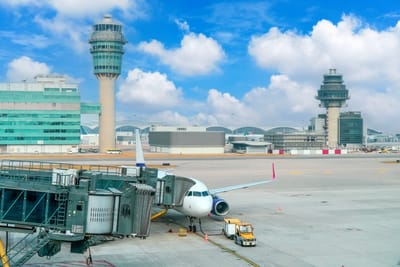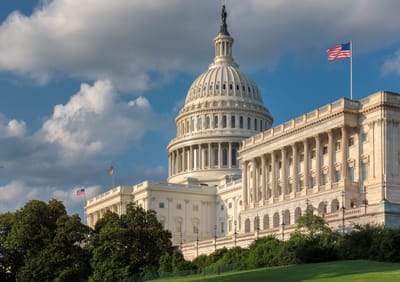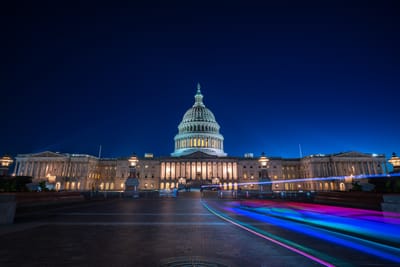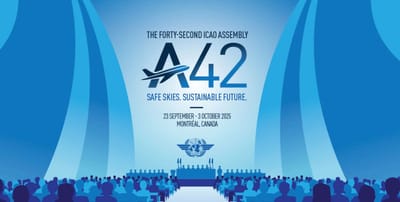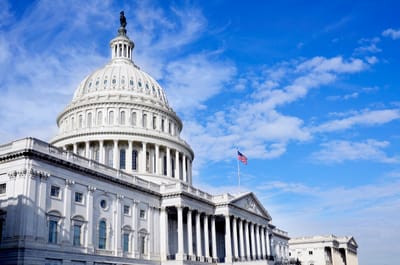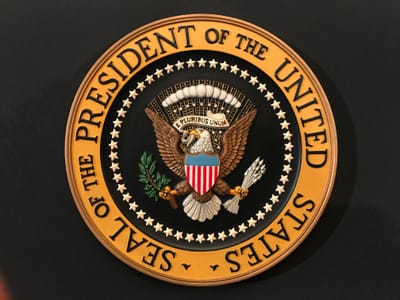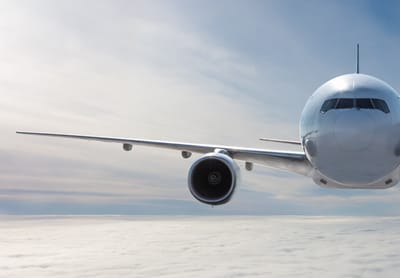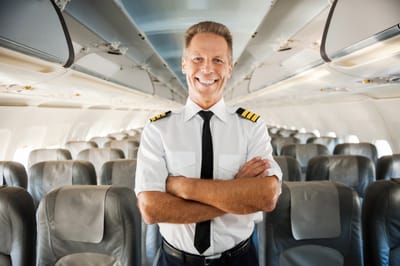IF THERE WAS EVER AN EMERGENCY CALL TO MAKE... THIS IS THE ONE!!!
Read MoreExperienced Pilots Advancing Safety
Skies Are Safer When Experience Guides The Way
Who is EPAS. View the first article in our LIBRARY entitled "Who Is EPAS"
Board Of Directors (BOD)
Executive:
Captain Jon Russell President United Airlines 787 LAX
Captain Mark Facey Vice President Delta Airlines A350 Captain LAX
Captain Jim Reihl Secretary/Treasure Delta Airlines (retired)
Captain Dev Colin Treasurer United Airlines (Retired)
Directors at Large:
Bo Ellis - United Airlines
Mike Farkas - Delta Airlines
Don Sullivan. - Southwest Airlines
Jon Lewis - Delta Airlines
Terry Nehls - Delta Airlines
Jack Seeley - JetBlue Airways
DONATE
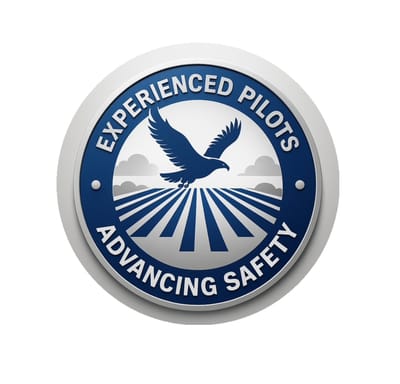
IN THE NEWS
THE LATEST NEWS IN THE AVIATION INDUSTRY
Governance, Economics, and Global Rules - Keeping Safety First
Read MoreAirspace Integration and Technology — Managing Complexity at Scale EPAS
Read MoreFlightdeck and Operational Safety Architecture — A Systems View
Read MoreEPAS Update: ICAO Assembly (23 Sept – 3 Oct 2025)
Read MoreLIBRARY/MEDICAL
Experienced Pilots Advancing Aviation Safety (EPAS) is comprised of members like yourself and lead by a Board of Directors with the goal of eliminating the age restriction for retirement on FAR part 121 commercial Air Carriers.
Read MoreNo matter the avenue of first relief that eventually comes, in the end, federal legislation is necessary to permanently secure any raising of the pilot age standard.
Read MoreThe President’s recent aviation Executive Orders reveals further insight into his administrative mindset, intentions and possible actions and opportunities for raising the age.
Read MoreThe history of age 60 is one of corruption and bigotry.
Read MoreAARP Letter To Senator Cantwell
Read MoreThe gist of Bryan Bedford's holds the common-sense opinion that the age should be raised now.
Read MoreChronology of the political and discriminatory events that led to age 60.
Read MoreAgencies Supporting Raising The Age
Read MoreExpanded Statement of The Experienced Pilots Advocating Safety
Read MoreThis order establishes the Age 60 Aviation Rulemaking Committee (ARC) according to the Administrator's authority under Title 49 of the United States Code (49 U.S.C.) section 106(p)(5).
Read MoreICAO is in desperate need of a true aviation professional representative from the United States. We nominate Jeff Anderson.
Read MoreThis working paper promotes the impact of evolving technologies on upper age limits for pilots, including for commercial aviation. This working paper reflects on the history of pilot age limits. Internationally, as advances in both medical and aviation technology, improvements in health outcomes and operational safety performance,
Read MoreCONTACT
- 1235 Pennsylvania Avenue, Washington, DC 20003
- Suite 5002
- +1-2024705597
- epaspilot2025@gmail.com
- Mon-Fri - 08:00-18:00
We thank you for your support.
NEWSLETTER
F.A.Q
Who is EPAS?
Mission and Advocacy
EPAS operates under the conviction that greater experience does, in fact, result in greater safety—not simply because experienced pilots possess more skill, but because they approach flight operations differently, drawing on decades of real-world scenarios and best practices. The organization stresses that seasoned captains should remain on the flight deck so long as they are able to pass rigorous FAA-mandated medical exams and demanding flight checks.
Rather than relying on age as a metric for pilot capability, EPAS advocates for performance-based standards that reflect true operational competence. They argue that the aviation industry benefits immensely from keeping its most talented and disciplined captains actively flying, especially given ongoing concerns about pilot shortages and workforce replenishment.
Core Beliefs
- Experience Enhances Safety: EPAS contends that veteran pilots contribute to safer skies precisely because they "do things differently," not just because of superior technical skills, but by applying wisdom born from thousands of flight hours.
- Medical and Skill Standards Over Arbitrary Age: The group proposes that the industry replace age-based retirement policies with rigorous periodic medical and flight performance checks administered by the FAA, ensuring only genuinely capable pilots continue flying.
- Combating Pilot Shortages: With thousands of airline pilot vacancies and ongoing industry challenges in training new pilots, EPAS's efforts are both a solution to workforce gaps and a means to safeguard aviation safety into the future.
EPAS is actively engaged in advocacy, working with regulators, airline management, and legislators to push for federal changes that permanently raise or eliminate forced retirement age standards. Their campaign is rooted in both public safety and respect for professional expertise, emphasizing that arbitrary age limits undermine the integrity and security of the commercial airline system.
In profound summary, EPAS champions the notion that safety should never be sacrificed for age, and that the airline industry’s most knowledgeable captains deserve the chance to keep flying as long as they pass the highest standards—no matter their birth year.
EPAS Master Points
- Pilot retirement age should be based on competency, performance, and medical fitness, not arbitrary birthdates.- EPAS supports raising or eliminating the FAA’s age-65 rule in line with ICAO recommendations.
Safety & Experience
- Senior captains often have 20,000+ flight hours spanning decades, varied aircraft, and operational environments.- Accident investigations repeatedly show experience is decisive in safe emergency outcomes.- Raising the age from 60 to 65 in 2007 did not increase accidents — safety performance improved.- Veteran captains mentor first officers in real time, transferring judgment, communication skills, and threat/error management.- Many serve as Check Airmen and instructors, directly evaluating and developing the next generation.- ICAO Working Paper 106, supported by major aviation nations, recommends raising or removing the limit.- Six of the ten most important ICAO “Part I” nations support the change — representing 42% of global passenger traffic: • Australia • Brazil • Canada • China • Japan • United Kingdom
Risks of the Current Rule
- Pilot shortages have accelerated upgrades with historically low flight-time requirements.- Many new captains have less than half the flight time of their predecessors.- Industry data shows higher rates of unstable approaches, runway incursions, and procedural deviations among low-time captains.- Abrupt retirements create training gaps and sudden knowledge voids in the cockpit.- Retirement waves trigger an “experience cliff,” erasing operational insight and procedural nuance.- All major U.S. airlines now allow pilots to remain in the First Officer seat indefinitely without ever upgrading to Captain — eliminating a historic safety benchmark for command readiness.
Pilot Shortage & Operational Stability
- ATP certifications are not keeping pace with retirements.- COVID early retirements, fewer military aviators, and rising air travel demand have worsened the shortage.- Without enough captains, airlines must cut routes, delay flights, or outsource operations — increasing operational risk.- Extending careers for healthy, qualified captains reduces staffing pressure and allows for more measured, safer promotions.
Fairness & Consistency
- Part 135 (charter/corporate) pilots can fly well past 65, often into their 70s.- Nine countries already allow airline pilots beyond 65 without safety concerns.- Current policy is discriminatory and inconsistent, especially when foreign pilots over 65 can fly into U.S. airspace while qualified U.S. pilots are grounded.
Medical & Safety Standards
- FAA Class 1 medical exams every 6 months after age 60 already ensure medical fitness.- Increased FAA medical waivers for diagnosed psychological conditions have quietly lowered some historical safety thresholds — yet age remains the only strict cutoff.- Airline pilots are evaluated at least twice in any 12-month period through formal proficiency checks. This does not include random evaluations conducted by both the airline and the FAA. In addition, aircrew continuously monitor each other in the cockpit, and every Captain is, by definition, an instructor to their crew.- Raising the age does not lower standards — it retains qualified pilots longer.
Union Opposition — Political, Not Safety-Based
- ALPA’s resistance is driven by seniority politics, not safety.- This stance contradicts ALPA’s anti-discrimination principles and undermines safety by removing experienced captains.
EPAS Policy Goals
- Immediate: Raise the retirement age to 70.- Long-Term: Implement a competency-based standard using simulator proficiency and medical exams, not age limits.


